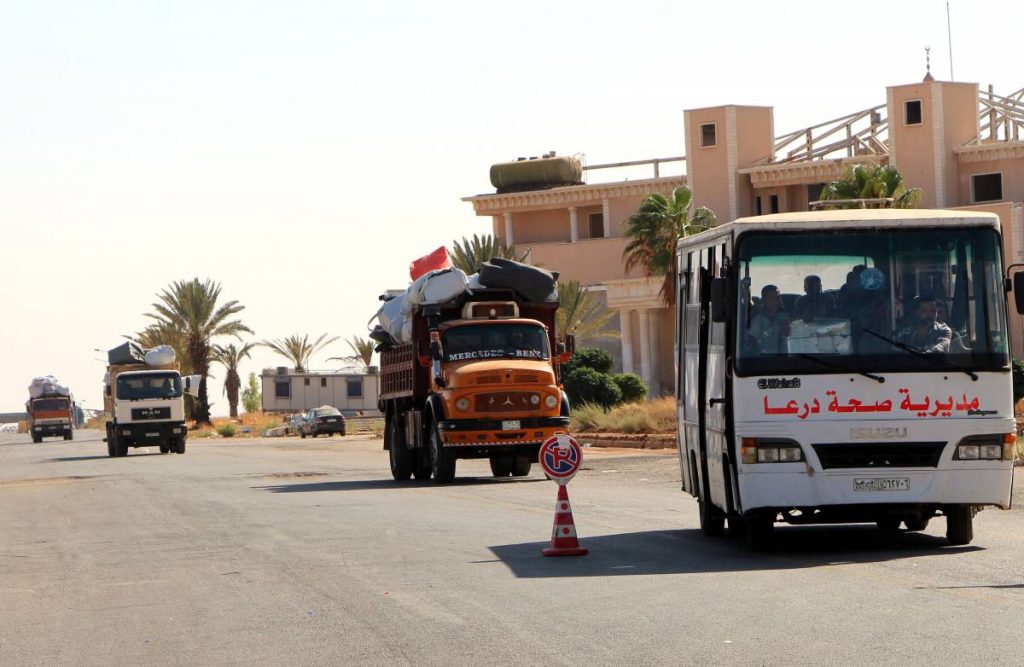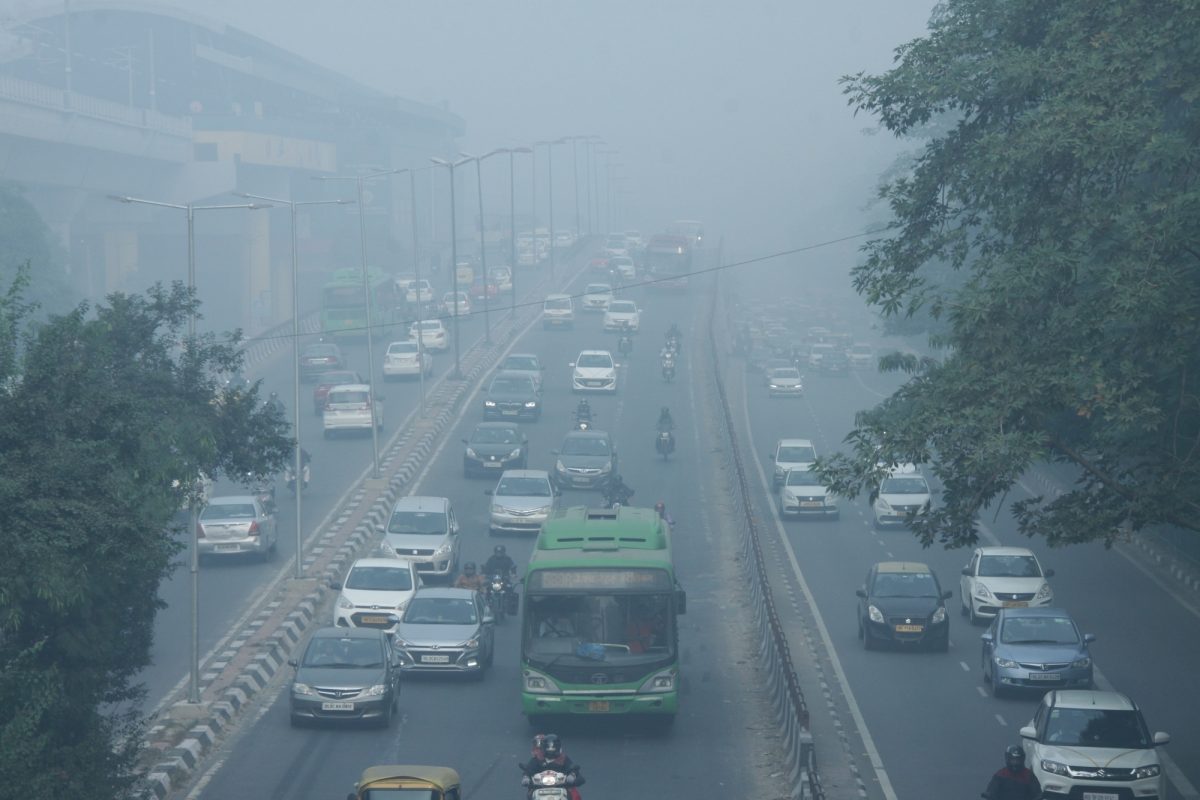Palestine calls for global action against Israeli aggression
The latest assault against the Palestinians was the Israeli court’s verdict to demolish 100 Palestinian homes in Silwan neighbourhood in East Jerusalem and seize dozens of homes in Sheikh Jarrah neighbourhood in the city…reports Asian Lite News
Palestine has warned Israel that its unilateral measures in the Palestinian territories would not bring peace or stability to the region.
Nabil Abu Rudeineh, spokesman of the Palestinian presidency, said in a statement on Wednesday that Palestine condemns “the endless Israeli assaults against the Palestinian people”, adding that these measures “won’t bring peace to anyone”, reports Xinhua news agency.
“The Israeli measures undermine the two-state vision which is backed by the international community and will destroy any opportunity to make peace throughout talks based on the legal international resolutions,” he said.
The latest assault against the Palestinians was the Israeli court’s verdict to demolish 100 Palestinian homes in Silwan neighbourhood in East Jerusalem and seize dozens of homes in Sheikh Jarrah neighbourhood in the city, according to Abu Rudeineh.

He also mentioned the Israeli measures of demolishing Palestinian homes in the Jordan Valley, bulldozing lands in the village of Ras Karkar west of Ramallah, and uprooting olive trees south of Nablus in the West Bank.
“The Israeli measures of demolishing homes and continuing the settlement activities are all unilateral actions that aim at undermining any international effort to resolve the Israeli-Palestinian conflict,” he said.
Abu Rudeineh called on the UN Security Council and the Middle East Quartet to exert pressure on Israel to stop these measures.
Also read:Palestine preps for polls
The quartet comprises the UN, the European Union, the US, and Russia.
Meanwhile, the Palestinian Foreign Ministry said that the Israeli government has recently intensified its unilateral measures in Area C in the West Bank, mainly settlement activities.

Under the Oslo Accords signed between the Palestine Liberation Organization and Israel in 1990s, the West Bank was divided into three areas: Area A under Palestinian control, Area B under joint Palestinian-Israeli control, and Area C under full Israeli control.
The Oslo Accords were supposed to expire after a five-year interim phase, after which the entire West Bank area should be returned to Palestinian control.
However, Israeli settlement activity there continued and crippled the final status peace negotiations between Palestinians and Israelis.
Also read:Israel allows int’l flights









